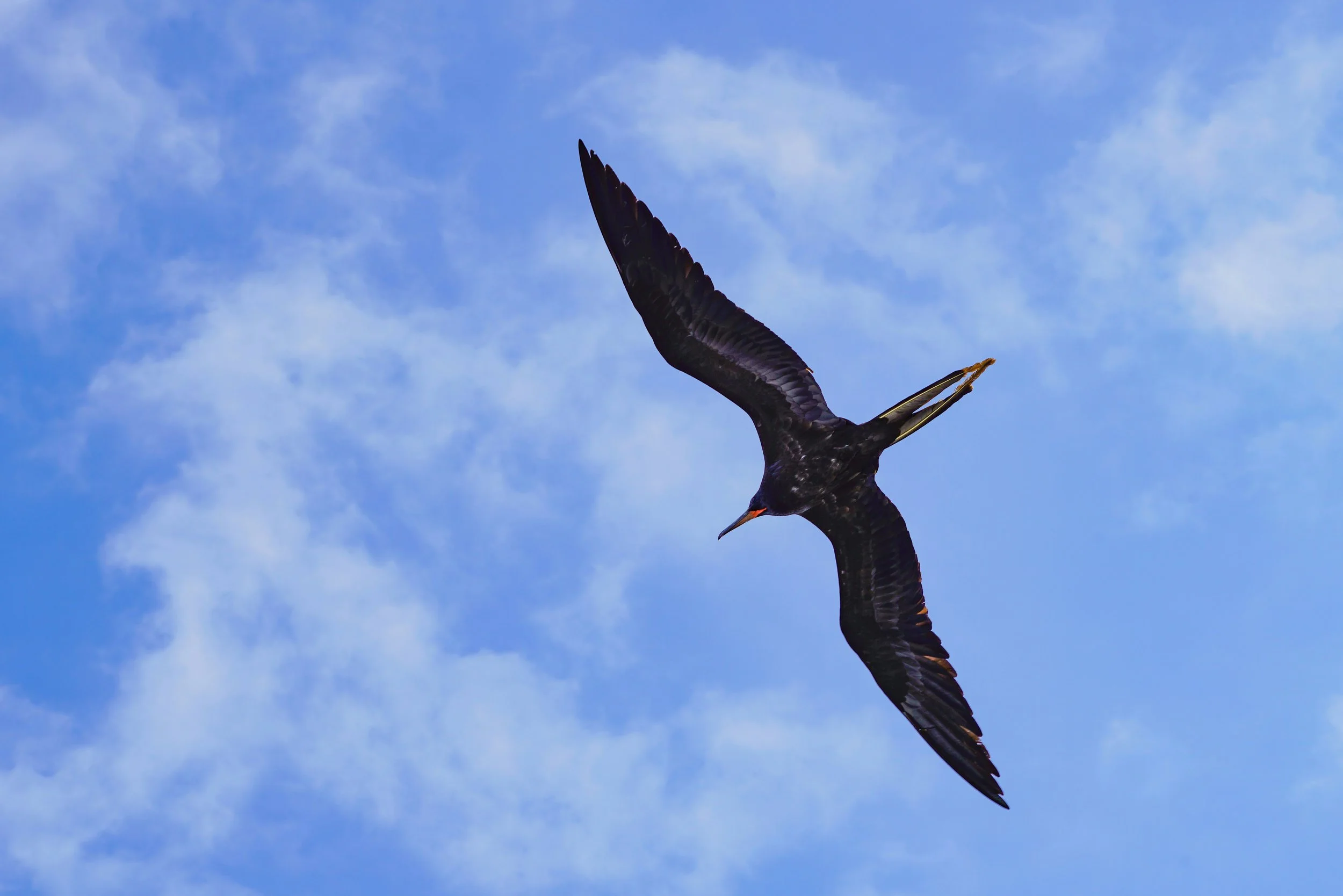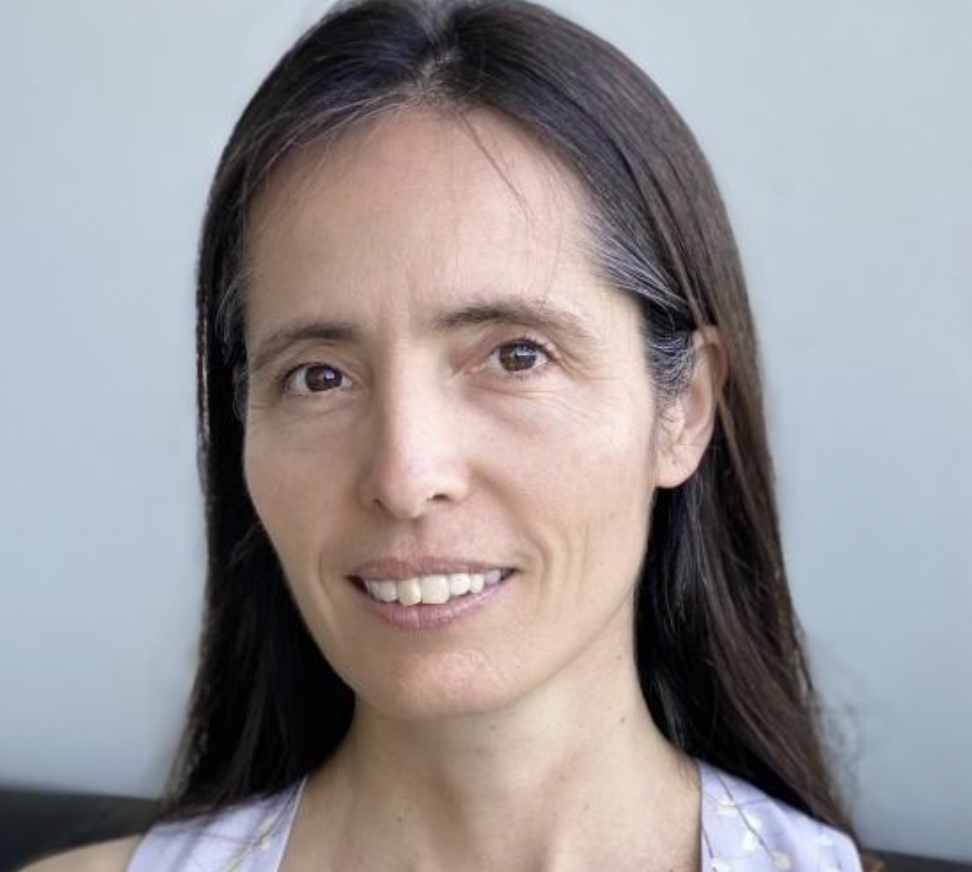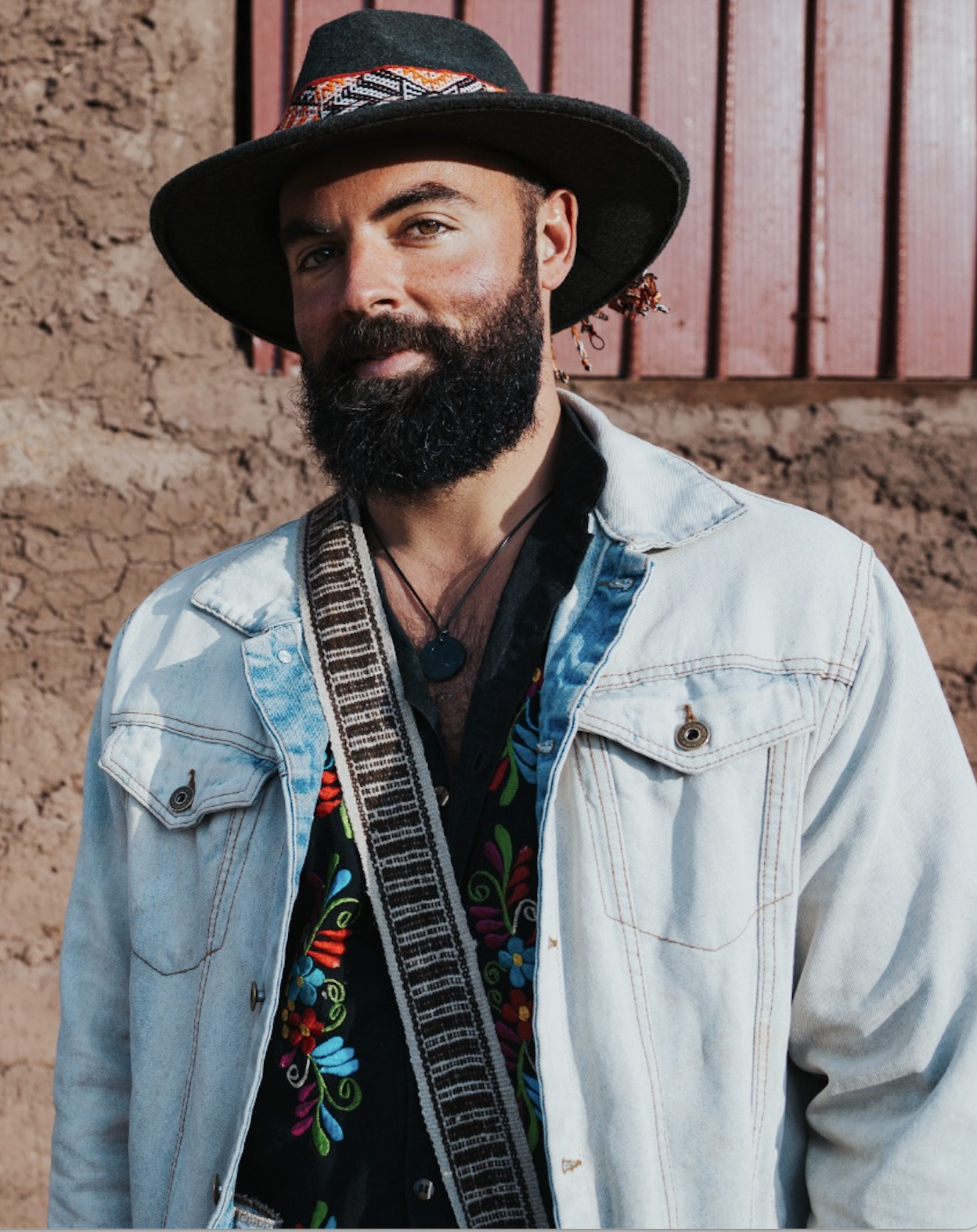
Purpose, Practice, and Possibility
Our Living Declaration and Statement of Origin
1. Our Diagnosis of the Sector Rooted in Lived Experience. Studio ‘Iwa emerges from the lived experience of our founder, Jack, shaped across global development, political, and philanthropic systems. From his work in international development, including time at the World Bank and in Mozambique, to political organizing and candidacy in the U.S., and finally into frontline nonprofit fundraising and a top philanthropic consulting firm, Jack saw how even well-intentioned systems often perpetuate waste, exclusion, and ego-driven solutions.
Over time, one pattern became clear: most efforts are focused on symptoms, not root causes. Many nonprofits, while born of good intent, prioritize their own survival over genuine impact. Philanthropic dollars are routinely lost to duplicative projects, overhead-heavy structures, or inaccessible advisory services. This is the nonprofit industrial complex, one that often serves itself more than the communities it claims to uplift as well as perpetuating issues with its corporatized agenda and bureaucratization.
Studio ‘Iwa was born from this disillusionment, as a response and a remedy. It honors the integrity of those doing their best within broken systems while offering a new vessel for resourcing life-affirming work. Here, money flows toward actual work, not administrative bloat. This is a return to right relationship with currency itself.
2. The Deeper Metacrisis. At the heart of the planetary polycrisis, from climate collapse to cultural erosion, is the metacrisis, a severance from right relationship with Mother Earth. We have forgotten how to live with her as her children. Studio ‘Iwa holds that to move forward, we must remember. Remember the wisdom of our ancestors. Remember how to live in reciprocity. Remember the sacred systems that sustained life across generations and geographies.
3. The Role of Indigenous Wisdom. All across the Earth’s bioregions, Indigenous communities are stewarding life-affirming solutions to our greatest challenges: food security, biodiversity, cultural and ecological restoration, water sovereignty, and resilience. These communities are not only holding ancestral knowledge, they are actively applying it, modeling how humanity might restore balance with our more-than-human kin.
4. A New Role for Capital. Studio ‘Iwa envisions capital as a living ecosystem, one that must have the proper hydrological cycles of reciprocity. Rather than accumulate, capital must circulate in service to life. When channeled in right relationship, it nourishes the roots of regenerative projects. Just as re-wilding a degraded landscape can summon back the rains, reanimating cycles of life, so too can funding wisdom-aligned initiatives restore balance in human and ecological systems. By taking a blended finance approach, we advise on how life-affirming work can be resourced through both philanthropic and recoverable capital
5. Challenging Conventional Philanthropy. The dominant philanthropic model fails those most in need. Elite advisory firms, while offering real value, remain inaccessible to all but the wealthiest organizations. Meanwhile, countless community-led and Indigenous initiatives remain structurally excluded from the resources, relationships, and support they deserve. Studio ‘Iwa exists to disrupt this imbalance. As Anand Giridharadas reminds us, “opportunity is not evenly distributed, but talent is.” We offer an ethical, replicable alternative, one grounded in humility, transparency, and deep relational accountability.
6. A Model of Regenerative Circulation. Studio ‘Iwa operates on a principle of sufficiency, not accumulation. Compensation is calibrated for ethical sustainability, with oversight from a Wisdom Council of Indigenous Leaders to ensure continued alignment with our values. All surplus, after meeting operational needs, is re-channeled through the Nippe Fund, a relational giving vehicle guided by the Wisdom Council and named in honor of the Wampanoag word for water. We support resources flowing toward Indigenous-led and regenerative initiatives, as well as mutual aid for Indigenous communities. This is a relational ethic beyond financial design. We take only what is needed to sustain the work, and the rest flows outward, nourishing life. In a sector often clouded by accumulation hidden behind mission, this model stands as a commitment to circulation, clarity, and care.
7. Why a Studio, Not a Firm. The choice to call this a studio, rather than a firm, is intentional. The word “firm” literally implies rigidity, accumulation, and strength through dominance, values that reflect the very systems Studio ‘Iwa seeks to disrupt. A studio, by contrast, is a space of creativity, experimentation, collaboration, and flow. Studio ‘Iwa is meant to be light and adaptive, clever and strategic, attuned to the energy around it. This is a container built for intelligent movement, responsiveness, and reverence. It embodies the qualities of the being from which it takes its name, the frigatebird.
8. The Meaning of ‘Iwa. The name ‘Iwa, drawn from the Hawaiian word for frigatebird, carries spiritual significance. In many Indigenous and coastal cultures, the frigatebird is a sacred symbol of nimbleness, intuition, and transdimensional movement. It is a bird that flies vast distances without rest, navigating the invisible, and often seen as a messenger between realms. For Studio ‘Iwa, this bird represents the ability to move between worlds, between the ‘Global North’ and ‘Global South’, between philanthropic capital and return-based investment, between strategy and ceremony, the office-spaces and the fire circles. Our founder, Jack, having lived a life rooted in privilege within the ‘Global North’, acknowledges that this privilege was shaped by systems of extraction. But it also came with access: to global networks, education, and tools that can now be placed in service to life. Like the frigatebird, Studio ‘Iwa moves fluidly between these worlds, serving as a bridge, and carrying messages and resources in right relationship.
9. A Relational Invitation
Studio ‘Iwa is here to listen first and lead after. We offer a path for funders and institutions to re-enter right relationship with Earth. We are not a platform or a firm. We are a mycelial node in a growing web of biocultural repair.
John (Jack) Stanton is a relationship-driven strategist with a cross-sector background spanning philanthropic advisory, political organizing, and international development. He has helped lead major fundraising campaigns for U.S. organizations, stewarded multimillion-dollar partnerships, and designed grassroots legislative strategies. Yet, Jack’s strategic mindset is equally shaped by embodied experience: years spent as a commercial offshore lobsterman on Cape Cod taught him endurance, adaptability, and respect for natural systems, lessons he carries into complex capital ecosystems today.
His path has taken him from World Bank headquarters in Washington DC to Indigenous communities in Mexico and Mozambique, shaping a perspective that bridges formal institutions and biocultural systems. Jack operates as both strategist and bridge-walker, weaving technical expertise with lived relational knowledge. At Studio ‘Iwa , he brings this dual fluency forward to channel capital with clarity and integrity toward regenerative, intergenerational futures, always guided by both data and deeper human rhythms.
Meet Jack, our Founder and Lead Steward
Our Wisdom Council
-

Mindahi Crescencio Bastida
Otomi-Toltec Elder
-

Alejandrina Pedro Castañeda
Mazatec Elder
-

Damixi Geraldine Patrick Encina
Earth Timekeeper
Our systems advisors
Damla Zeybel
Ryan (Ra) James Kemp
Ariel ‘Eddewaghizikwe’ Clark



